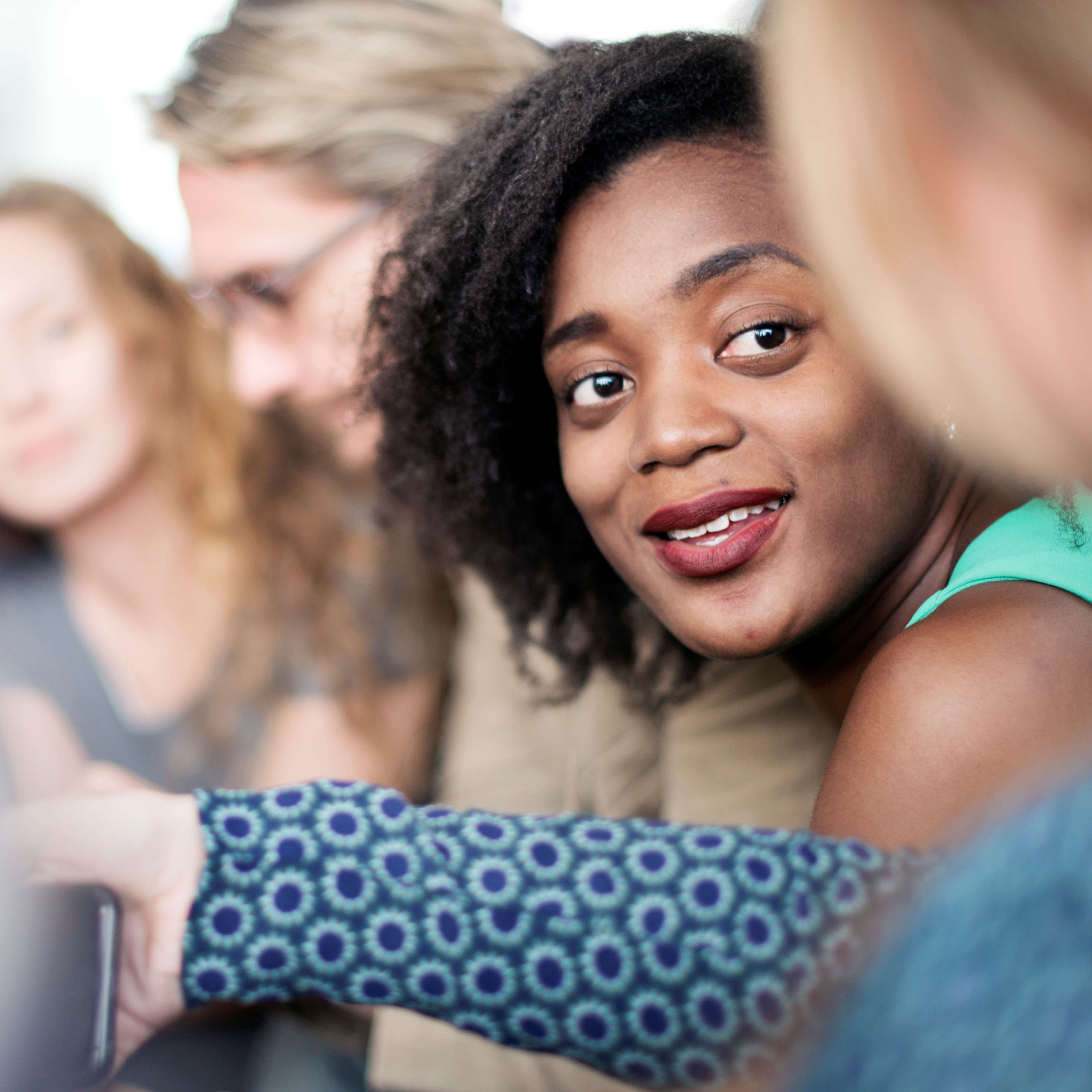Science Cafes

Upcoming Science Cafe Events
The Importance of Research & Discovery in the Treatment of Sickle Cell Disease: What You Need to Know
TUESDAY, NOVEMBER 18, 2025 @ 5:30 - 7:30 p.m.
Bethel Temple Church of God in Christ
2576 N. 5th Street, Milwaukee, WI 53212
Join us for a free dinner and be part of a discussion of the importance of research in the treatment of Sickle Cell Disease. Participate in a discussion and learn more about research findings. Dinner will be served at 5:30 p.m.
About Science Cafes
The very first Science Café (also know as Café Scientifique) was held in Leeds in the United Kingdom in 1998. The founder of this grassroots movement, Duncan Dallas, describes a Café as “a place where, for the price of a cup of coffee or a glass of wine, people meet to discuss the latest ideas of science and technology which are changing our lives.” Since then, the Science Cafés have popped up all over the globe, with over 200 worldwide in more than 40 countries and at least 50 in the United States alone. Our Science Café series was the first established in Southeast Wisconsin.
According to the Science Cafes website, a resource site maintained by the WGBH Educational Foundation, there are several ways in which Science Cafés can have educational impact:
- Conversations increase understanding. Participating in a discussion gives people the chance to think through new ideas and reformulate them in their own words.
- Conversations increase interest. The open-ended nature of a science café enables people to explore whatever aspects of a topic, or the scientific process in general, interest them most.
- Conversations lead to more conversations. People enjoy talking about issues at a science café and are therefore likely to discuss the topic outside of the café with friends and family.
- Conversations are equalizers. Face to face conversations help to dispel misperceptions and stereotypes of scientists and their work.
For our Cafés, the primary focus will be on translational science. We will be able to utilize translational scientists affiliated with the CTSI partner institutions, which affords us a very wide range of topics.
Contact Us
Interested in Hosting a Science Cafe? Contact our team:
Medical College of Wisconsin
8701 Watertown Plank Rd., Suite M1350
Milwaukee, WI 53226
(414) 955-0050 (fax)


